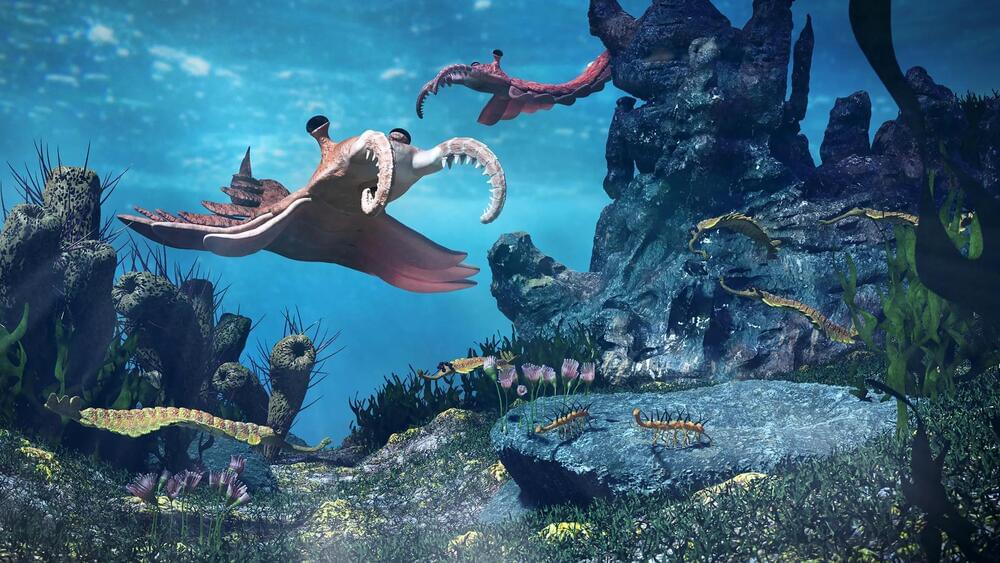No, oxygen didn’t catalyze the swift blossoming of Earth’s first multicellular organisms. The result defies a 70-year-old assumption about what caused an explosion of oceanic fauna hundreds of millions of years ago.
Between 685 and 800 million years ago, the Avalon explosion — a forerunner era of the more famed Cambrian explosion — marked the emergence of multicellular organisms in Earth’s oceans. Prior to this era, the world was dominated by single-celled amoeba, algae, and bacteria for over 2 billion years. The Avalon explosion saw a sudden surge in biodiversity, with sea sponges and other complex multicellular organisms replacing their simpler, single-celled counterparts.
Previously, it was postulated that this significant leap in evolutionary complexity was triggered by increased oxygen levels. However, this is being disproved by recent research by the University of Copenhagen, in collaboration with the Woods Hole Oceanographic Institute, the University of Southern Denmark, and Lund University, among others.
